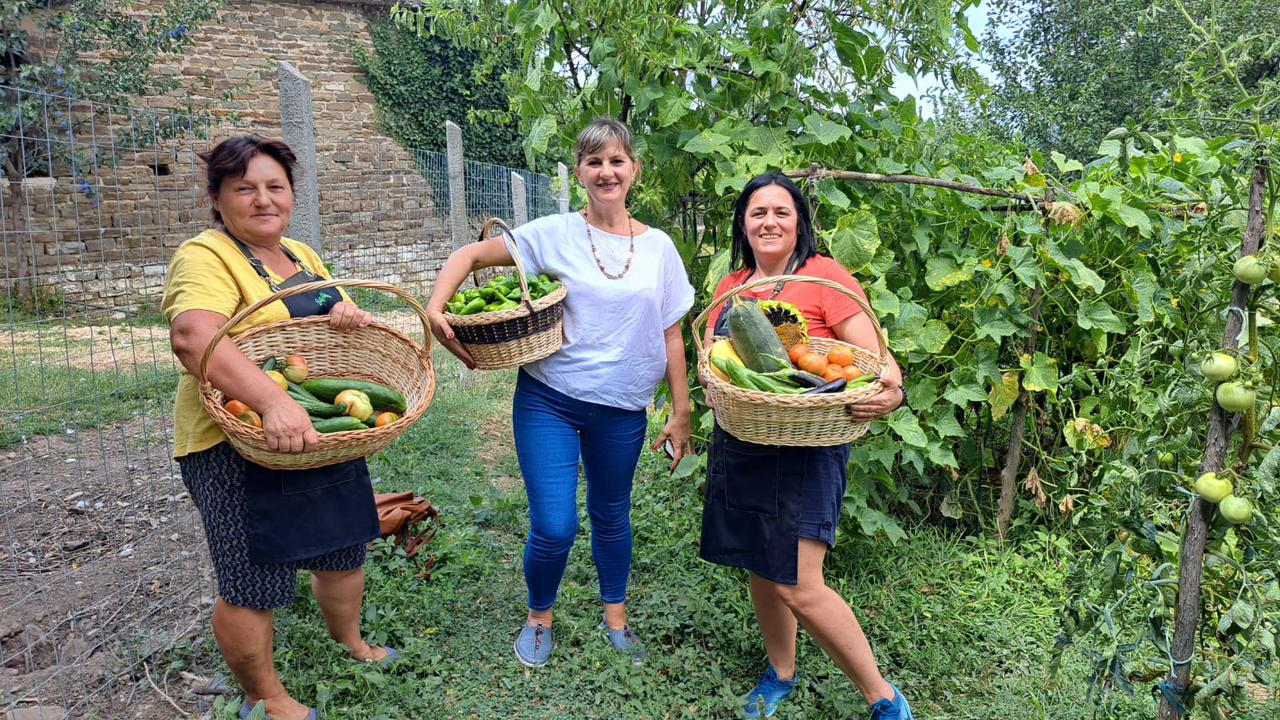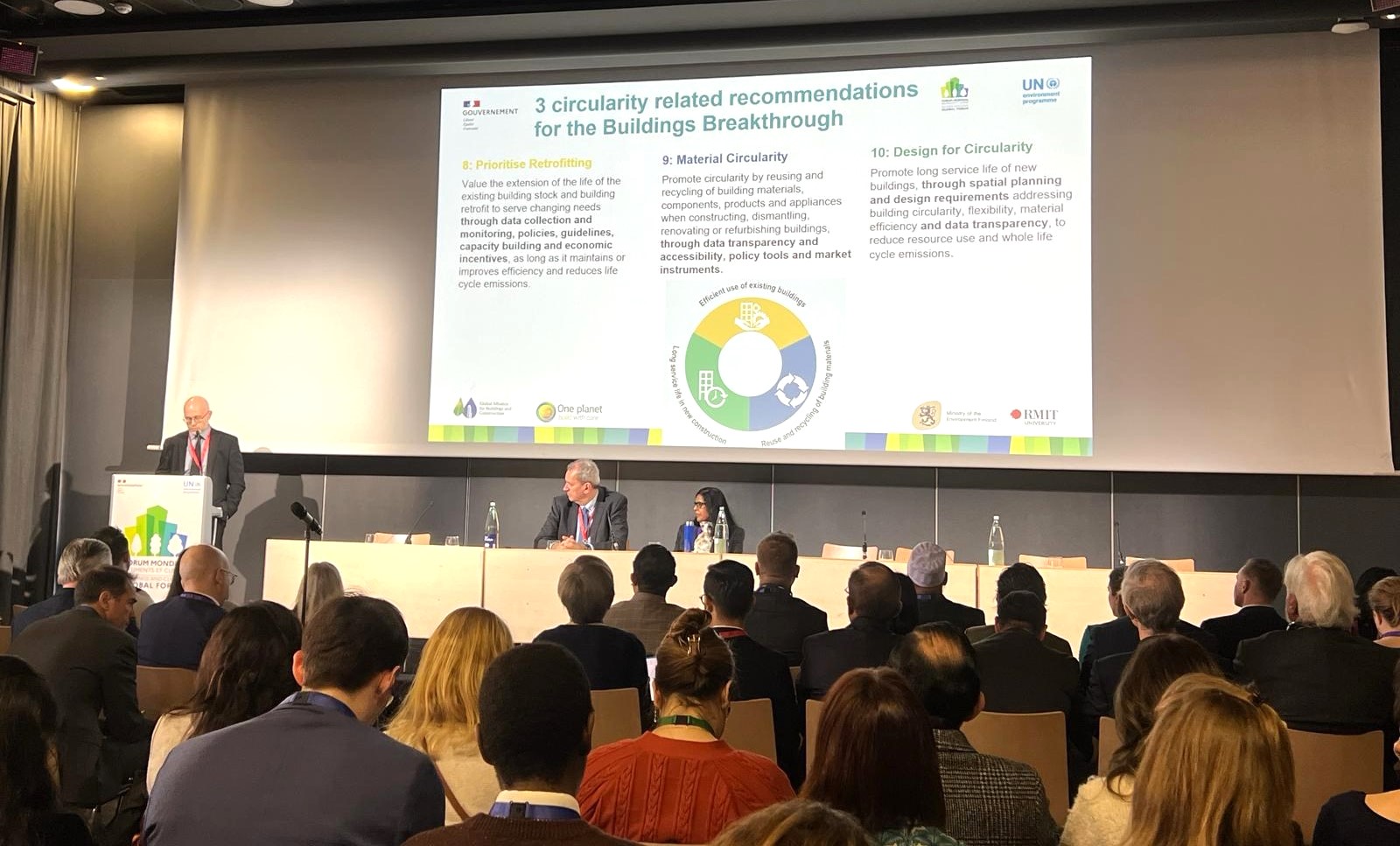The Triple Bottom Line Sustainability Strategy of Peninsula Papagayo in Guanacaste, Costa Rica.
Peninsula Papagayo; a geo-luxury and eco resort destination selected as the best-qualified tourist area in all of Central America has set an ambitious sustainability strategy for the 2018-2022. After a two-phase project; the definition of a triple bottom line strategy and a solid sustainable management system will lead the company to reach its best version through a permanent improvement of their social, environmental and economic performance contributing to a sustainable tourism.
The current initiative regards Peninsula Papagayo (PPGY), a very special development in Guanacaste that is part of the Tourism Development Golfo de Papagayo registered to the Costa Rican State under the administration of the Costa Rican Tourism Board (ICT).
Peninsula Papagayo possesses an extraordinary biodiversity and since its very beginning started with a sustainable vision and conducted programs towards that purpose. In 2016, a new ownership came to scene with a reinvigorated vision, putting sustainability in the center of its strategy. Along with Management, they designed and lead a sustainable strategy based on a triple bottom line that could be measured on three dimensions.
Using the OGSM methodology (OGSM stands for objective, goals, strategies, and measures) this framework helped PPGY to put its corporate vision and strategy into action. That is how PPGY established that for the year 2026 they will be a global leader in sustainable development. The initiative has a clear objective for the coming years 2018-2022: through development of the Papagayo standards, they aspire to close the gaps needed to achieve them. This also allows them to be measured, reported and communicated. With this aspiration as focal point, PPGY defined the framework to implement its sustainability efforts:
Environmental Dimension: the Papagayo Sustainability Standards. Reach recognized sustainability standards, to assure our management efforts to our stakeholders. Water management: become water neutral. Solid Waste management: Become zero waste to landfill. Biodiversity: Conserve marine and terrestrial biodiversity in the project and become a relevant stakeholder for the conservation in the area of influence.
Social Dimension: Education. Generate capacities through education in the area of influence. Poverty: Determine the social-economic vulnerability state of the employees. Contribute to reduce poverty in the influence zone by strengthening the entrepreneurial ecosystem (SMEs) of Guanacaste.
Workplace practices: be the best place to work in Guanacaste, building careers and integral
development of people, not merely jobs. Archeological sites and Guanacaste culture: preserve local cultural patrimony.
Economic Dimension: Code of ethics: be an ethical and transparent organization. Legal compliance and concession: go beyond compliance, and define the way to communicate progress on the concession.
Value Chain: define sustainability criteria and increase the local suppliers
The activities, as per dimension are:
Environmental:
Papagayo Standard: construction of a unique, sustainable system for PPGY (comprising standards, database and management) that allows it to comply with the requirements of local and international standards.
Assure and demonstrate efforts at national and international scale, implementing the following standards: Ecological Blue Flag Program (a Costa Rican environmental government certification), Essential Costa Rica Country Brand, Carbon Neutrality, reporting under the Global Reporting Initiative, subscribe the Global Compact and SGDs, Zero Waste to Landfill, Great Place to Work, Water Neutrality, ISO 45001, B Certified, have a Code of Ethics and a Sustainable Purchasing Tool.
Water management: Start the management system to demonstrate water neutrality. Automate the water supply network for Peninsula Papagayo. Use alternative supply water sources and promote the sustainable use of the aquifer that supplies the development.
Solid waste management: design and implement an integral waste management system aiming to achieve Zero Waste to Landfill.
Promote entrepreneurial startups on waste management in Guanacaste through CreciendoJuntos.
Biodiversity: Increase the knowledge of the marine and terrestrial ecosystems through research and technology.
Social:
Education: Increase high school graduation rates in the area of influence. Lead the process for the establishment of the best vocational school specialized in “hospitality, culinary arts and English” in the region.
Poverty: Understand the social-economic reality of our employees.
Workplace practices: Be a Great Place to Work. Define the organizational structure required to comply with the organizations corporate and sustainability objectives.
Archeological sites and Guanacaste culture: Conserve the archeological richness of the development through education and infrastructure. Promote spaces to rescue Guanacaste´s folklore.
Economic:
Code of Ethics: be an ethical and transparent organization.
Legal compliance and concession: go beyond compliance, and define the way to communicate progress on the concession.
Value Chain: design and implement a strategy for sustainable purchasing. Public-Private partnerships.
The relevance of this process meant to Peninsula Papagayo a re-setting of the compass to walk the path of sustainability with direction. After responding important questions like: Where are we today? Where do we want to be? How to get there? How much does it cost? The company has now a roadmap that will lead it to its major goal of being the best of its kind as a sustainable resort in Latin America.
Other findings were the results of a diagnosis on water and waste performance, workplace practices, environmental protocols, social responsibility performance, and the state of the art of the biodiversity in the property, as well as improvements to be made in the emergency response protocol. A base line of 2018 was established.
Papagayo Standard database is also an ongoing result of this initiative. It will collect and measure the performance of the sustainability efforts and facilitate the reporting process.
Finally, for the coming years, it will help to reach a pool of certifications and good practices that are not an ultimate goal itself but will require a regular reviews and a continuously improvement cycle: Ecological Blue Flag Program, Essential Costa Rica Country Brand, Carbon neutrality, reporting under the Global Reporting Initiative, subscribe the Global Compact and SGDs, Zero Waste to Landfill, Great Place to Work, Water Neutrality, ISO 45001, B Certified, have a Code of Ethics and a Sustainable Purchasing Tool.
The strategy has a set of KPI to measure whether the goals settled have been obtained. Some examples are:
Environmental
-Obtain the Ecological blue Flag for the 14 possible participants in the priority one list by 2019 and maintain it
-Become Carbon Neutral by 2021
-Report on sustainability under Global Compact Principles and GRI and SGD by 2019.
Social
-Increase the average amount of graduates in the area of influence by 0,5%.
-100% high school graduation rate for the employees’ children.
-Open the vocational school for hospitality, culinary arts and English
-Implement a program to increase the knowledge of the social-economic reality of the employees
-Achieve that 80% of the total of employees come from Guanacaste and that 20% of these are female.
Economic
-Update the Code of Conduct and Ethics, and incorporate complaint and remediation mechanisms
-Conduct an annual compliance audit in environmental and social matters
-Implement sustainability criteria for the suppliers of companies aiming to achieve 50% acquisition of the local products. Next steps are carrying out the last version of the data base for the Papagayo Standards and the implementation of the Blue Flag Standards, Sustainable Tourism Certificate, Country Brand, GRI, Global Compact and SGDs.
As well, organize the governance and reporting line along the Papagayo Standard database. This means knowing whom to report, when, and who is accountable for which indicator, so on.
Work and organize the action plans with the managers of the company for the year 2019.
PPGY understands that stakeholder’s engagement is key for the sustainability of business. Taking in account other perspectives and expectations about the way the organization needs to perform is a sign of awareness and inclusiveness. That is why, as a side product of the sustainability strategy, PPGY conducted a materiality test and a stakeholder engagement plan was defined.
In this plan, we will be working along with suppliers to ensure not only the best quality services and products but also to ensure environmental, social and economic best practices.
Externally, we take care of our communities through CreciendoJuntos; which directs the PPGY strategic social investment in the areas of education and health, and have an important role listening and receiving feedback from those communities. This work ensures a permanent dialog channel and to build strong and long-lasting relationships.
Having transparent and respectful relations with local authorities and government is also part of our strategic approach to stakeholders. In this regard, legal compliance is a must to PPGY, but it is also important to go further by participating in projects, forums and supporting local and national causes.
Education is key and a material issue for the development of the province of Guanacaste. That is why the organization seeks to establish long term relations with Academia; in order to build capacities and develop strategic projects to benefit local populations and ensure local human resources for the future.
The goal for Papagayo Peninsula is to become a strategic partner to its stakeholders by working in public-private alliances and being a trustworthy member of the Guanacaste society.
Image

Allen Kennedy
Project start date
07/03/2017
Project end date
31/12/2022

